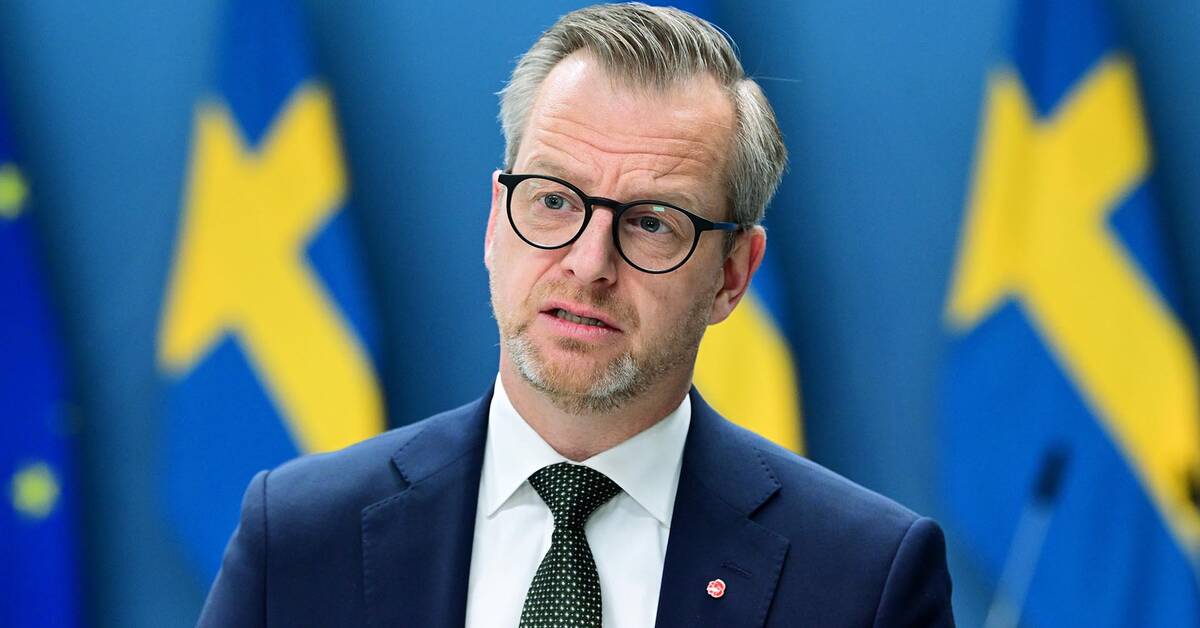Damberg will hold a press conference on Monday morning about potential consequences for the Swedish economy due to Russia's war in Ukraine.
He emphasizes that the situation is uncertain and that it can change.
Damberg points to risks of higher oil and gas energy prices, higher food prices, increased financial turmoil that could lead to reduced investments and reduced consumption and lower growth in the rest of the world.
But at the moment, the assessment is different.
- The effect on the Swedish economy should be relatively limited, says Damberg.
No risk of fuel shortage
He states that Europe is exposed if there are disruptions in gas flows.
However, Swedish gas consumption is relatively small, according to Damberg.
However, he points out that high gas and oil prices have contributed to pushing up electricity prices in Sweden, especially in southern Sweden.
Damberg assesses that there is no acute risk of shortage situations regarding the supply of fuel and electricity in Sweden.
According to Damberg, the crisis may also contribute to higher food prices, including when both fertilizers and crops from Ukraine and Russia come to the European market.
- We follow developments very closely and have a close dialogue with our relevant authorities.
Small Swedish exports
With regard to Swedish trade with Russia and Ukraine, the Minister of Finance points out that Swedish exposure to the two countries is small.
Exports to Russia account for 1.3 percent of Sweden's exports, while imports are at 1 percent.
According to Damberg, trade with Russia has declined over time, especially after Russia's annexation of Crimea.
- As trade is limited, the financial exposure to Russia is also limited, he says.

